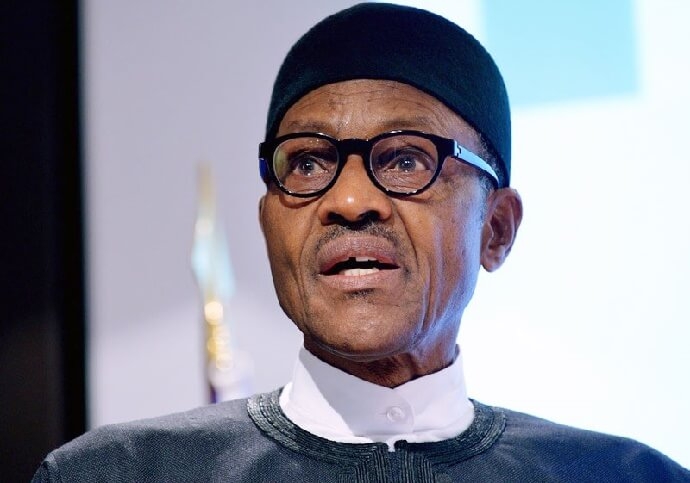 President Muhammadu Buhari[/caption]
President Muhammadu Buhari[/caption]
The Nigerian government is at its wits end on how to tackle the forex crisis that has dogged the government for over 18 months now.
With oil prices within the margin of $40 per barrel and continued militancy in the oil rich Niger Delta which has significantly impacted on Nigeria’s daily output, the Muhammadu Buhari Presidency has adopted unorthodox methods to shore the value of the Naira against major currencies like the US dollar and the Euro.
The latest of such unconventional method is the use of operatives of the Department of State Security to monitor Bureau de Change who sell above N400 to the dollar or buy at more than N390 to the dollar.
Advertisement
The Abuja based Daily Trust newspapers reported on Thursday that operatives of DSS raided two major Bureau de Change markets in Lagos and Abuja in a fresh attempt to end speculation in the foreign exchange transaction at the parallel market.
The newspaper said that the DSS had earlier directed the officials of the BDCs association to peg the dollar at N400 while selling and N390 while buying from customers.
Immediately after the directives, the DSS operatives commenced the enforcement of the order by arresting those erring members that sold the dollar above N400 and or bought above N390 a dollar.
During the two-day operations, which took place between Tuesday and Wednesday, some traders were arrested.
Advertisement
Sources said about five operators were arrested in Abuja and Lagos as at yesterday.
When our reporter visited Zone 4, a cluster of BDC shops in Abuja, he noticed slow activities as both the traders and customers were jittery.
In August, the Nigerian government went about cutting down trees lining the streets of Abuja to ”thwart black market money changers, one of a range of unorthodox measures it is deploying to defend its weakening currency.”
The Financial Times reported back then that the chopping down of the trees was part of the holistic plan to discourage black market operators of forex who carry out their businesses under the trees.
The magazine quoted some labourers hired by the Abuja city government to cut the that ”The government does not want the trees because people are doing illegal work under them,” as he cut down branches from a tree with a chainsaw.
Advertisement
”The man was referring to money changers from the north of the country who rest under the shade of the trees and sell US dollars, British pounds, and even Saudi riyals to customers hungry for hard currency.”
Nigeria’s Central Bank in May announced a flexible exchange rate regime aimed at making foreign currencies more accessible.
The announcement by the CBN nullified the official exchange rate regime of N197/dollar.
Governor of the CBN, Mr. Godwin Emefiele, who announced this at the end of the Monetary Policy Meeting, in Abuja, also said the Monetary Policy Rate, MPR, was retained at 12 per cent; Cash Reserve Ratio, 22.5 per cent; and Liquidity Ratio, 30 per cent.


